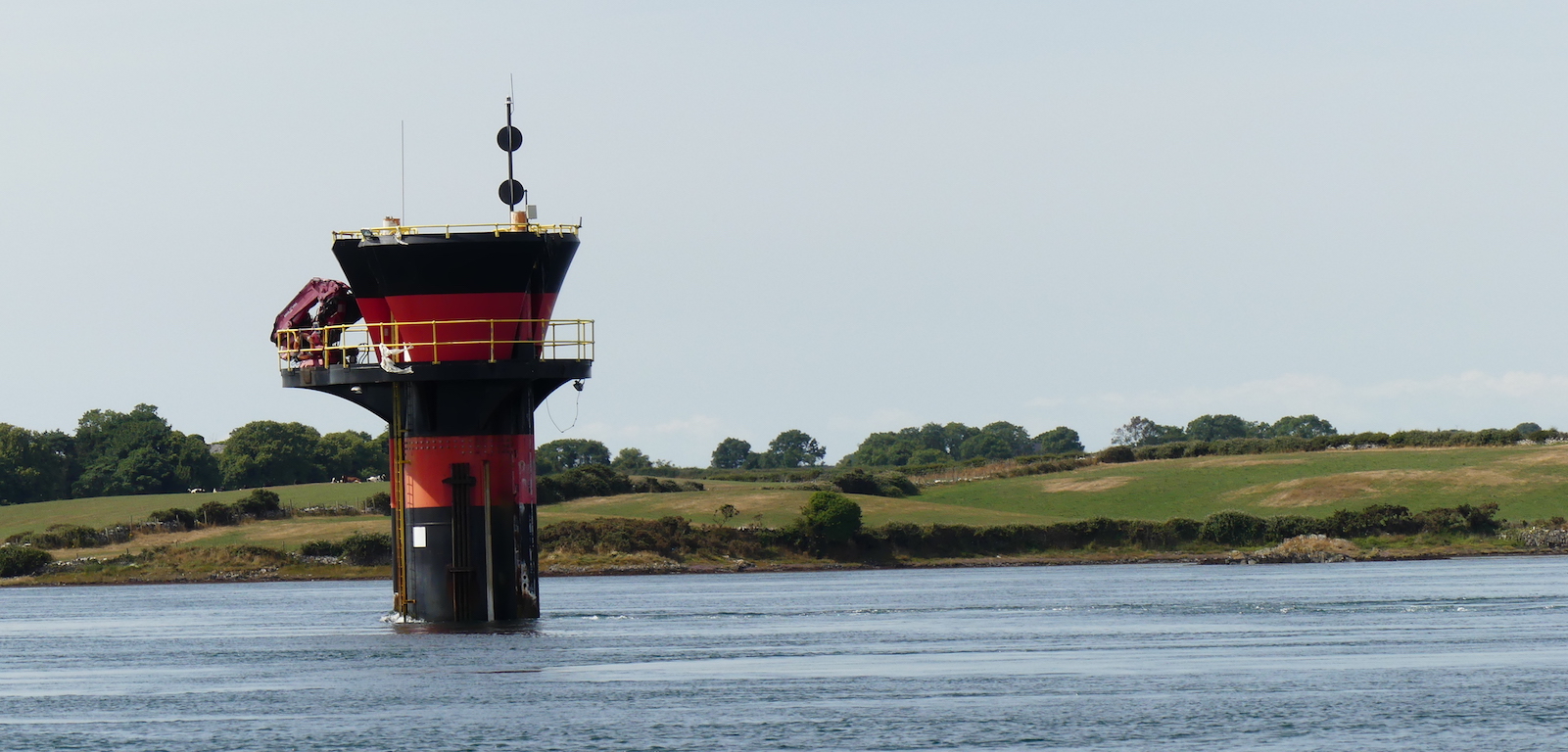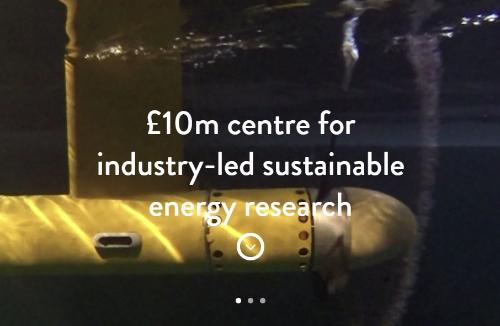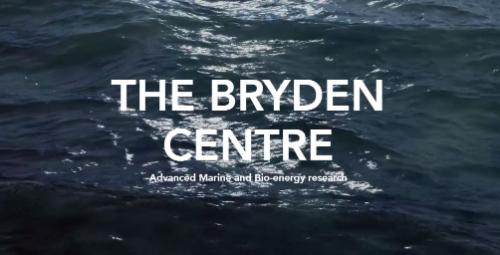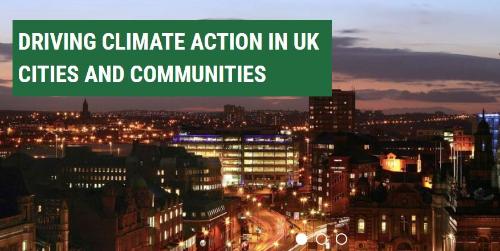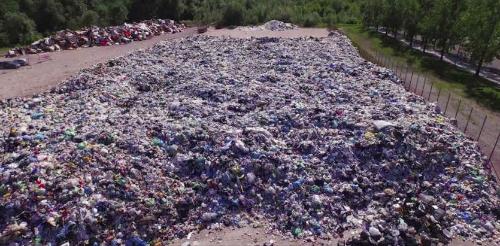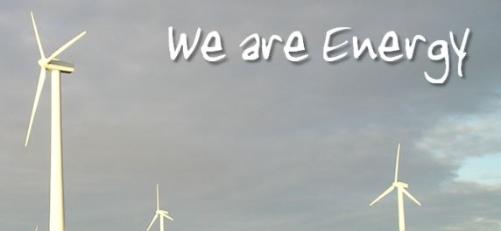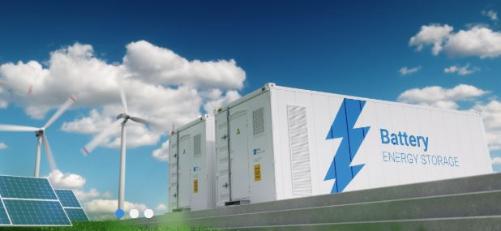AN OVERVIEW OF CURRENT PROJECTS
Sustainability is a key principle of the University's Social Charter, and Queen's is home to a broad range of teaching, research and practical actions in the field, across the whole institution, and involving an extensive range of facilities.
Between students and staff, there are around 25,000 people at Queen's - enough for a small town - and it is the aim of the Estates Environmental Services team to keep our carbon footprint down, promote active travel, and foster biodiversity.
Find out more about the team, their work, and their network of student and staff volunteers, at the Environmental Services site, here.
On the research and engagement side, collaborative projects with other institutions include the Place-based Climate Action Network, a cross-UK £3.5 million research network to support a transition to a low-carbon economy, led within Queen’s by Prof John Barry in the School of History, Anthropology, Philosophy and Politics (see below).
Much of the sustainable energy research in Queen’s takes place within the Engineering and Physical Sciences Faculty which is home to the Sustainable Energy Research Centre. And the Polymer Processing Research Centre and Advanced Composites Research Group work towards making a transition to a circular economy.
Details of these projects, and more, can be found below.
The Centre for Sustainability, Equality and Climate Action encourages collaborative links across Schools, Faculties and Directorates in Queen’s University Belfast to investigate the interconnections between socio-economic (in)equality and the interlinked climate and ecological crisis as determined by natural and social sciences. There are three pillars to the Centre across which the challenge of the planetary emergency is investigated from an interdisciplinary and engaged perspective.
Sustainability is the adaptation, mitigation and resilience measures needed for a transition to a low carbon, regenerative society which will limit the impacts on future generations while Equality explores inclusive solutions which lead to truly just and equal economies and societies. The final pillar, Climate Action addresses the planetary emergency and climate crisis concentrating on the creation of climate resilient communities at all levels of society.
The establishment of the PRP in Sustainable Energy facilitated the formation of interdisciplinary teams of academics, and supported collaborative projects through the provision of equipment, studentships and other resources. The centre has focused on the interlinking areas of marine and bio-energy generation, future vehicle technologies including biofuels, aftertreatment solutions and batteries, and low-carbon chemical manufacturing. The centre is headed by Prof David Rooney and brings together research projects from Chemistry and Chemical Engineering, Mechanical and Aerospace Engineering, Maths and Physics, and the School of Natural and Built Environment.
Activities in Chemistry and Chemical Engineering centre on conversion, storage and optimisation including biogas upgrading, battery electrolytes and improving energy efficiency in chemical processes. Mechanical Engineering focus on energy efficiency in transport and the integration of new types of technology to improve engine design. In the School of the Natural and Built Environment there is long history of research on tidal power systems.
To support this research the centre has an extensive range of facilities including: modern and advanced analytical equipment; conversion and upgrading plant; battery testing facilities; fuel and engine testing facilities; multi-scale modelling; marine test centre and wave tanks (Portaferry and Belfast).
The centre has secured over 10 million Euro in EU funding to support, for example, the Bryden Centre which investigates wide ranging sustainable energy issues across the interregional area of Scotland, Northern Ireland and the Republic of Ireland.
Spin-outs associated with the Sustainable Energy Research Centre include Green Lizard Technologies, which has won several awards including the best business start-up from the IChemE and the AkzoNobel Imagine Chemistry challenge. Furthermore, the centre has several international partnerships leading international companies such as Petronas.
CASE
CASE is an industry led, multi-partner sustainable energy research centre based at Queen’s University Belfast.
Through the Invest Northern Ireland Competence Centre programme CASE funds collaborative Research & Development in sustainable energy, and bridges the gap between industry research needs and academic research offerings.
CASE is a Social Charter Signature Project
For further information follow this link.
Bryden Centre
The Bryden Centre for Advanced Marine & Bio-Energy Research (The Bryden Centre), led by Queen's University, aims to create a ‘virtual centre of competence’ that will support research into biomass and marine-based renewable energy sources, taking an all-island (Northern Ireland and Republic of Ireland) approach.
The Bryden Centre’s research covers tidal and wave power, gas, liquid and biofuels, and includes a component dedicated to assuring that the energy systems are designed to support the environment.
For further information follow this link.
QUILL
QUILL is primarily focussed on researching ionic liquids. A number of the projects focus on sustainability, such as research into battery storage (a key component of a renewable energy strategy), the chemical recycling of plastics, and the production of renewable fuels from biogas.
For further information follow this link.
Place-based Climate Action Network (PCAN)
PCAN, established in April 2019, will establish Commissions in Belfast and Edinburgh, and will extend the Leeds Climate Commission, which was the first to be established in 2017. The Commissions will help the local delivery of the UK’s climate change objectives by supporting action in cities through a partnership made up of the private, public and civic sectors.
For further information follow this link.
Advancing Creative Circular Economies for Plastics via Technological-Social Transitions (ACCEPT Transitions)
This aims to find ways to turn discarded plastic material that would otherwise be wasted into a resource, in keeping with the idea of the 'circular economy’.
The project is being led by Professor David Rooney, Director of the Research Centre in Sustainable Energy at Queen’s. The team comprises academics from across the University, with expertise in a wide range of areas including politics, engineering, psychology and architecture.
Polymer Processing Research Centre (PPRC)
The Polymer Processing Research Centre (PPRC) was established in 1996 to conduct and support leading edge, industrially exploitable, fundamental and applied R&D to demonstrably improve industrial competitiveness.
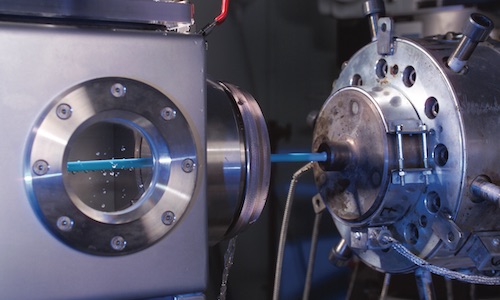
The Centre also has a central supporting role to much of the more strategic and longer-term polymer research undertaken in the Advanced Materials & Processing Research Cluster at Queen’s University – which in turn feeds into the theme of ‘future focussed manufacturing’ in the Belfast Region City Deal.
Advanced Composites Research Group (ACRG)
The Advanced Composites Research Group, within the School of Mechanical and Aerospace Engineering, brings together a multidisciplinary team of researchers, focussing on the science and engineering of composite materials and structures.
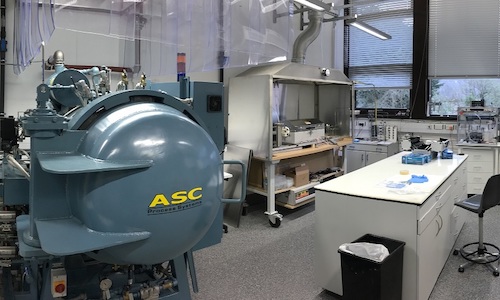
Research themes include:
- Advanced Computational Modelling
- Nano-enhanced Multifunctional Composites
- Material Characterisation
- Structural Applications
The team works with partners such as Bombardier and Bamfords, among others.
The Gibson Institute for Land Food and Environment is involved in major research projects funded by UK Research Councils (ESRC, NERC and MRC), EU Framework Programs, and others.
Research areas include:
Agricultural and Food Economics and Marketing
Economics of Food Choices, Obesity, Physical Activity and Public Health
Biodiversity, Agri-environmental Policy and Environmental Economics
Economics of Renewable Energy Production and Consumption
EPIC
The Energy and Power work of the EPIC cluster is focussed on problems related to distributed sources of energy and their integration into power networks, enabling better collaboration with national and international academic/industrial research centres. EPIC’s Intelligent Systems research is concerned with principles and applications, the ethos being to link theoretical and technological advances with practical requirements for advanced control and robotics.
For further information follow this link.
ImpRESS
The ImpRESS consortium comprises Queen’s University Belfast and four industrial partners: BP; Bombardier; Green Lizard Technologies Ltd (GLT); and Flow Energy Solutions (FES).
The overall aim of this project is the investigation into redox flow batteries coupled to renewable energy sources (RES) and integrated as part of the electrical power system network and grid-level systems.
The project also aimed to develop new commercial opportunities for all IERC industrial members namely in energy trading for GLT and FES, providing access to new ancillary services for I-SEM, single energy market pricing and a competitive advantage for faster response services.
